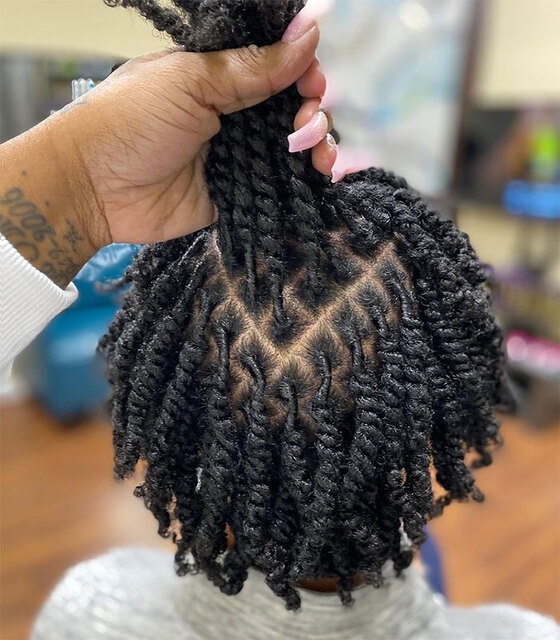
Everything You Need to Know About Healthy Locs
If you’re looking for healthy, beautiful locs, you’ve come to the right place. Growing and maintaining healthy locs requires a lot of effort and dedication — but it doesn’t have to be complicated. To make your job easier, we’ve compiled a list of the best tips from professional locticians on how to achieve and maintain healthy locs. So grab your notebook and let’s get started!
Cleansing Your Scalp
Cleansing your scalp is essential for keeping your locs healthy and strong. If you don’t keep your scalp clean, it can lead to build-up that blocks your hair follicles and prevents them from receiving oxygen and moisture. Professional locticians recommend using a clarifying shampoo once every two weeks to remove any dirt or oil buildup on the scalp. Additionally, be sure to wash your hair with lukewarm water as hot water can strip away natural oils that are needed for hydration.
Retightening Regularly
Retightening is one of the most important steps in ensuring that your locs remain healthy and well-defined. Over time, natural oils produced by the scalp can cause locs to loosen up at the roots. That’s why it's so important to retighten them regularly — ideally every 4-6 weeks — in order to prevent thinning or breakage. Make sure to find an experienced loctician who will use techniques such as palm rolling or interlocking that won't damage or weaken your locs over time.
Moisturizing Your Hair
Moisture is key when it comes to keeping your locs healthy and strong! A deep conditioning treatment should be done at least once a week in order to keep the hair moisturized and prevent breakage due to dryness or brittleness. Additionally, use light creams or sprays designed specifically for locking hair in order help lock in moisture without weighing down the strands or causing buildup.
Growing healthy locs doesn't have to be complicated — all it takes is a little bit of knowledge about what works best for you along with dedication and consistency with regular maintenance practices such as cleansing, retightening, and moisturizing! With these tips from professional locticians at hand, you'll be well on your way towards achieving beautiful, healthy locs that you can flaunt with pride! Good luck!





Leave Comment Below
0 Comment(s)